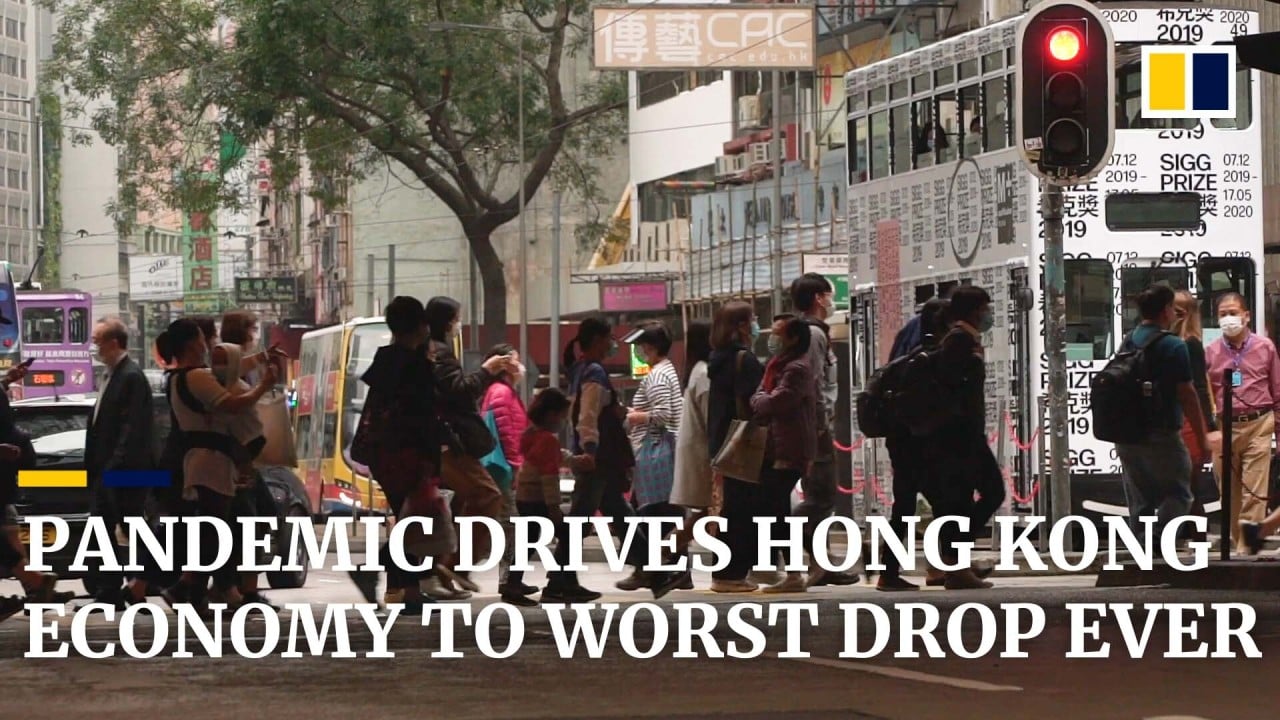Young buyers flock to Wing Tai Properties’ low-priced OMA by the Sea flats, Hong Kong’s first property sale after social distancing is eased
- Developer sells 78 per cent of units on offer at Tuen Mun development
- About 70 per cent of buyers are young, says sales agent Midland Realty

Young buyers thronged the sales office of Wing Tai Properties’s OMA by the Sea development on Sunday morning, before sales slowed as some of the cheaper flats priced at more than HK$4 million (US$516,000) were sold out.
The developer had sold 210 of the 268 units – or about 78 per cent – on offer at the residential development in Hong Kong’s Tuen Mun district by 10pm. The project is the first to be launched after the government relaxed social distancing rules. Groups of six people at a time were allowed to select flats. Half of the buyers were aged 26 to 35.
“As the entry price is low, about 70 per cent of our registered buyers were young,” said Sammy Po, chief executive of sales agent Midland Realty’s residential department, who described them as between 30 and 40 years old. “Studio flats costing HK$4 million sold out fast, early in the day. But sales for one and two-bedroom flats going for HK$5 million to HK$6 million were slower,” he said.
About 90 per cent of the units, ranging in size from 333 sq ft to 472 sq ft, were priced at below HK$6 million after discounts of up to 13.5 per cent. The cheapest flat on offer was priced at HK$3.88 million. The average discounted price of the units was HK$12,548 per square foot, about 10 per cent below units going for sale in nearby areas.

02:02
